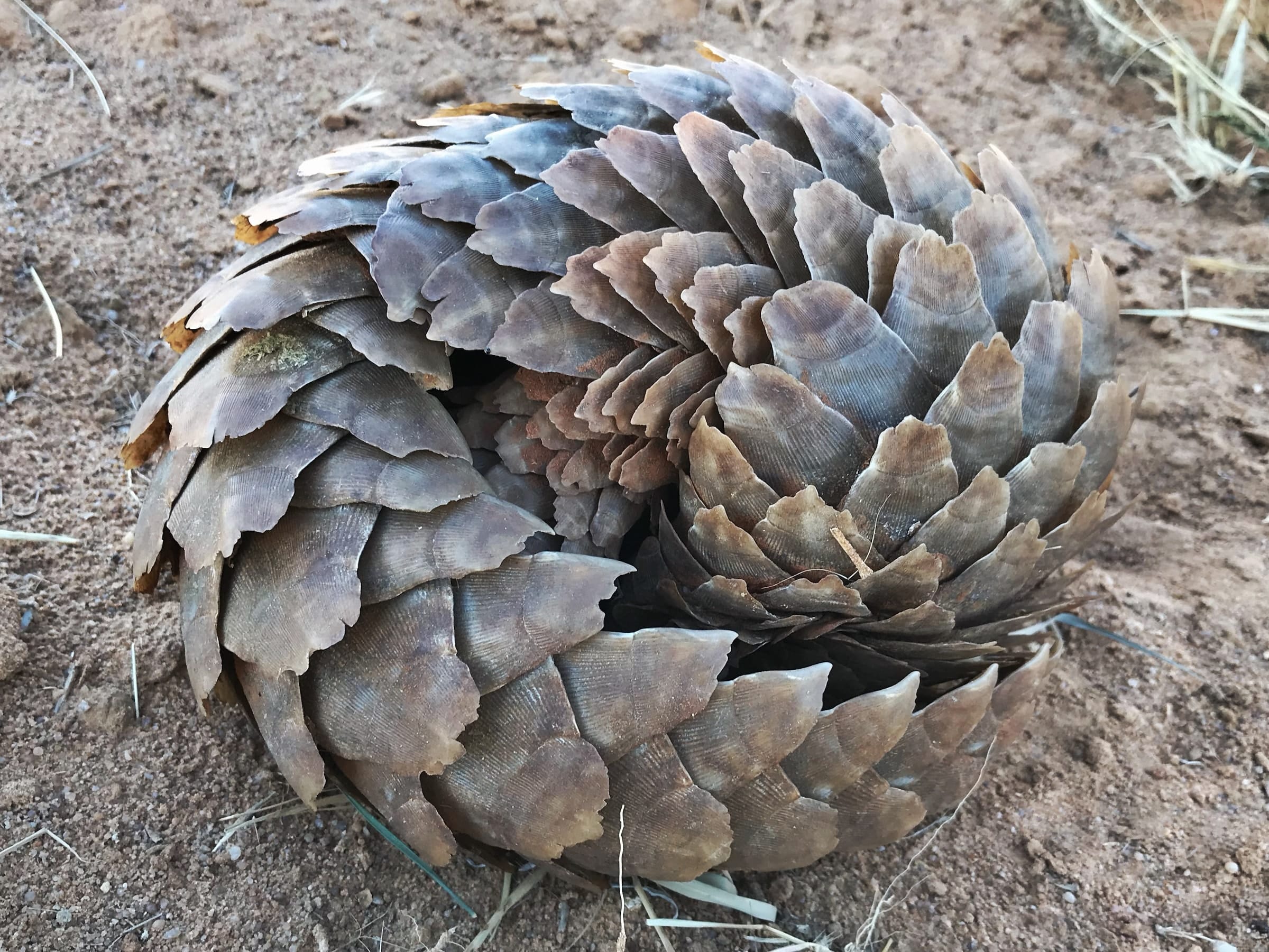The illegal wildlife trade runs rampant online due to a lack of policing and transparency on many social media and e-commerce websites. Pangolins, the most illegally trafficked mammal in the world, and many other endangered species continue to be victimized by the proliferation of these black market dealings. In an effort to combat this illegal activity, the Coalition to End Wildlife Trafficking Online—a partnership between TRAFFIC, the International Fund for Animal Welfare, and the World Wildlife Federation—was formed. The Coalition is hopeful that progress is being made, but are unsure of just how much.

Spikes in illegal wildlife trafficking on Facebook, eBay, and various social media platforms have spurred the Coalition to hold these platforms accountable. To do this, the Coalition encourages these companies to provide more information about their efforts to stop illegal wildlife sales and train their moderators to spot illegal activity and coordinate with law enforcement.

But the Coalition is not satisfied with the reduction of online wildlife trafficking yet, citing undisclosed data from corporate partners and misleading metrics as an obstacle toward achieving their original goal—to cut online illegal wildlife trafficking by 80% by the end of 2020. This goal was understandably altered given the muddled transparency of online platforms to comply with the Coalition’s strategies. And while the Coalition remains dedicated to their mission and knows they’re having some positive impact, their work to defend pangolins and other trafficked wildlife cannot truly make a lasting difference until their operational relationships with online platforms and their impact reporting receives a major overhaul.
Read the full article here.

